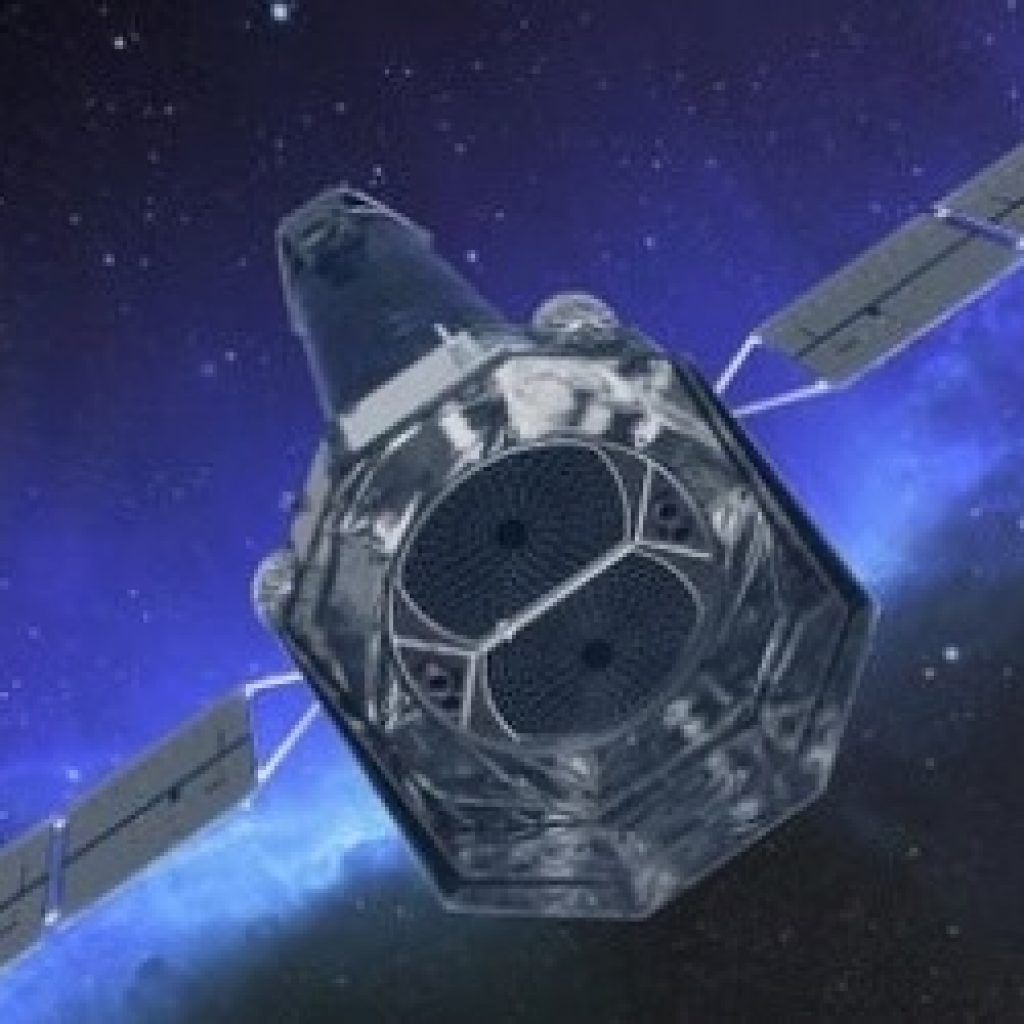(Strath,uk) University of Strathclyde and an international collaboration have proposed the installation of memory and ‘repeater’ devices in space, to enable use of the quantum internet.
Their reearch study suggests that quantum memories (QM), which store information in quantum form, and repeaters, which are used in the transmission of the information, can be deployed to facilitate use of advanced internet technology. This is done through distribution of quantum entanglement, a phenomenon in which two particles are interlinked, potentially at vast distances from each other.
The research showed that satellites equipped with QMs provided entanglement distribution rates which were three orders of magnitude faster than those from fibre-based repeaters or space systems without QMs.
The study has been published in the journal npj Quantum Information. It was led by Humboldt University in Berlin and also involved the Institute of Optical Sensor Systems of the German Aerospace Center (DLR) and JPL (Jet Propulsion Laboratory NASA).
Dr Daniel Oi, Senior Lecturer in Strathclyde’s Department of Physics, a partner in the research, said: “We show in this paper that this method would have much higher performance than previously proposed schemes and we identify promising physical systems with which to implement it.
“The work is connected to wider work at Strathclyde on Quantum Technologies, and in particular Space Quantum Communication research that includes several space missions due to be launched in the next few years.”
U of Strathclyde & Collaborators’ Research Proposes Memory Devices on Satellites to Enable Quantum Internet
